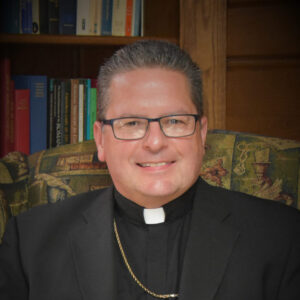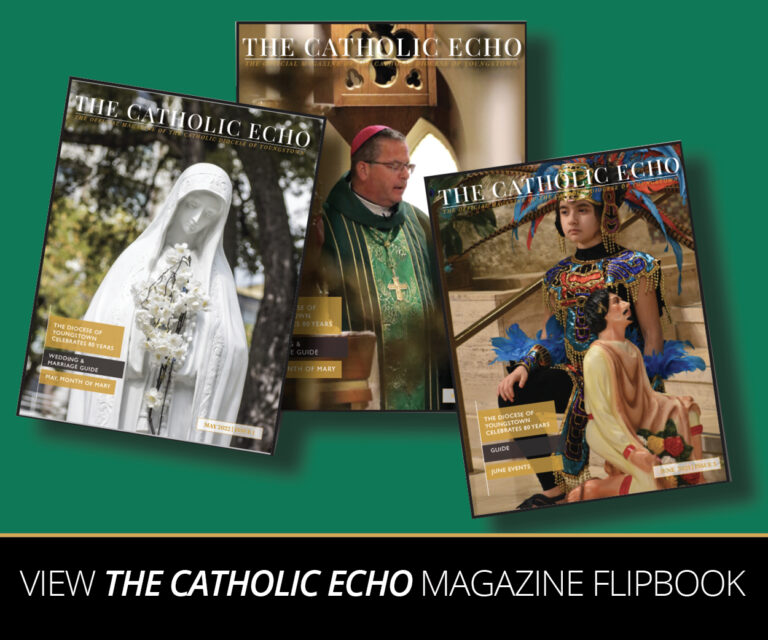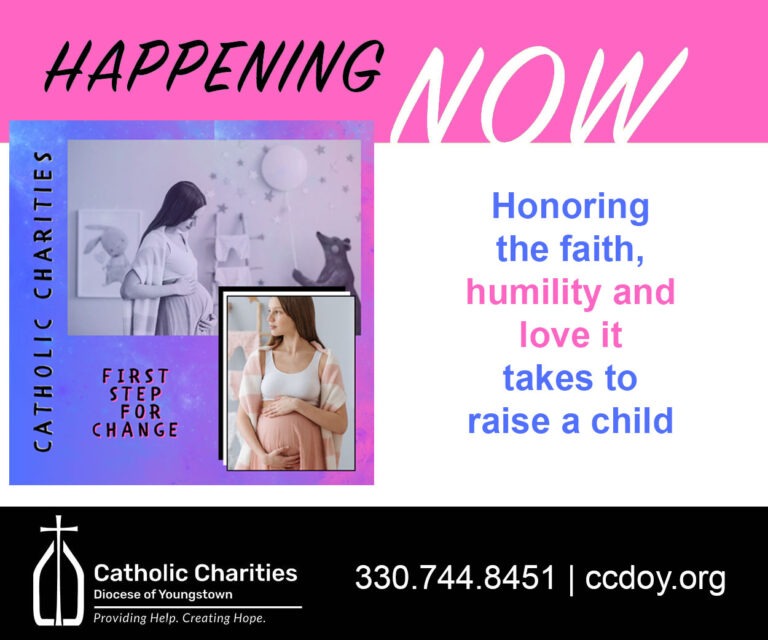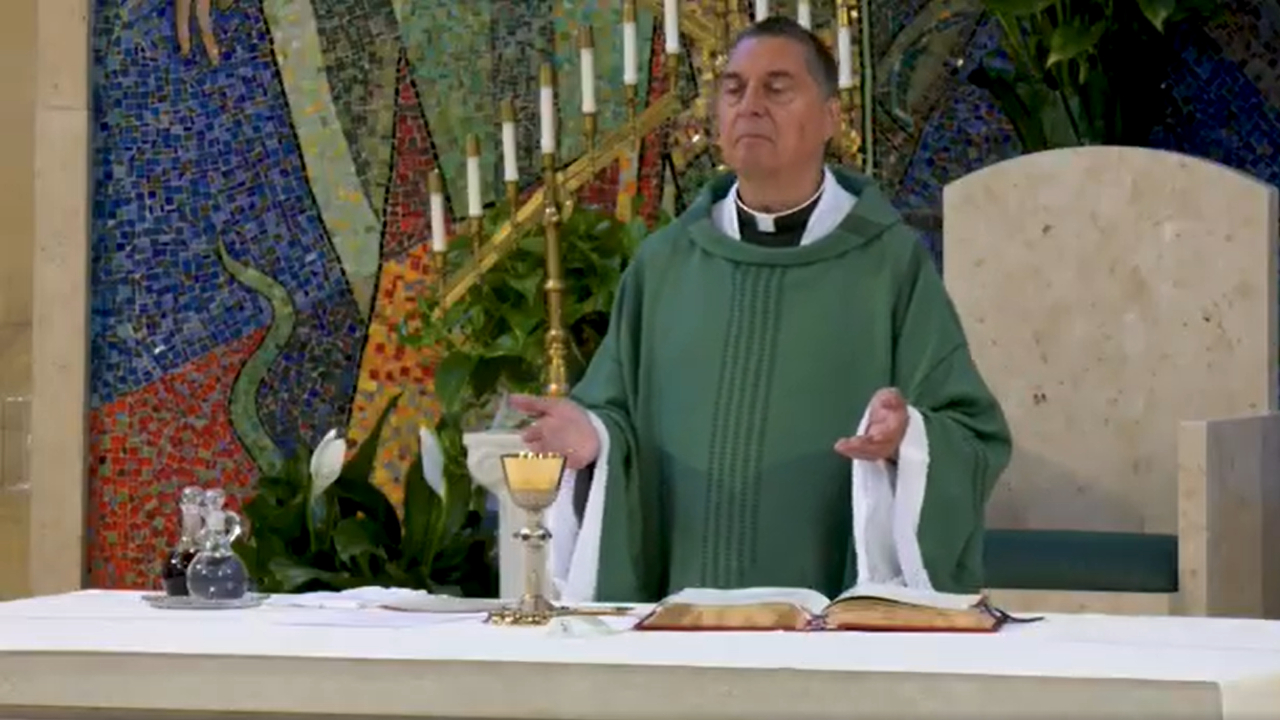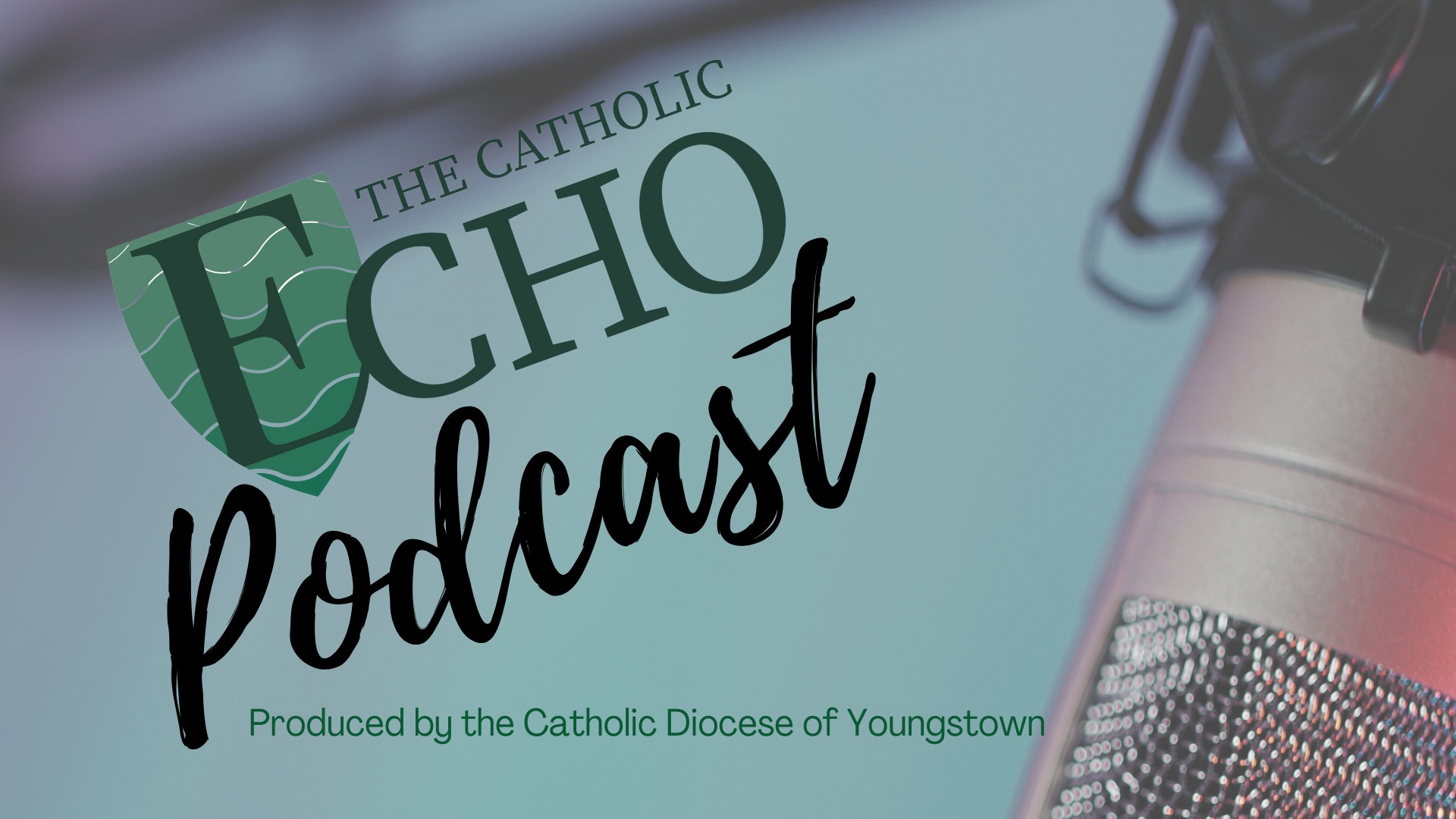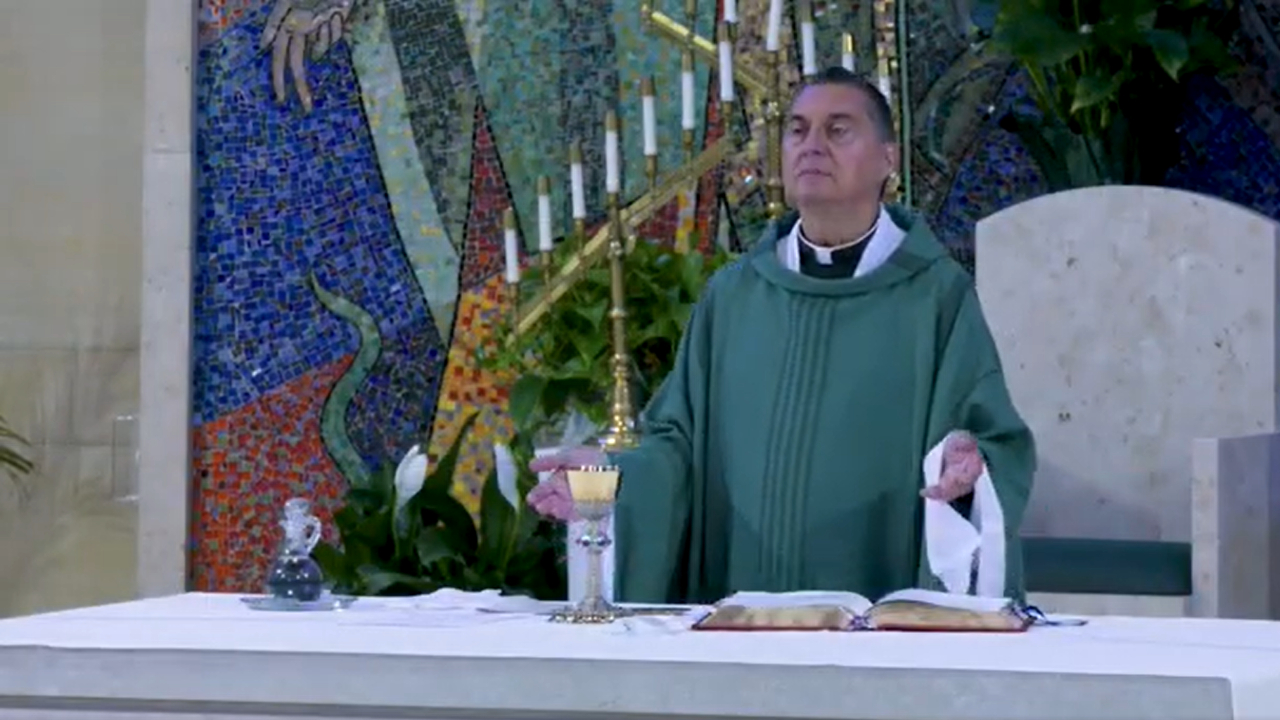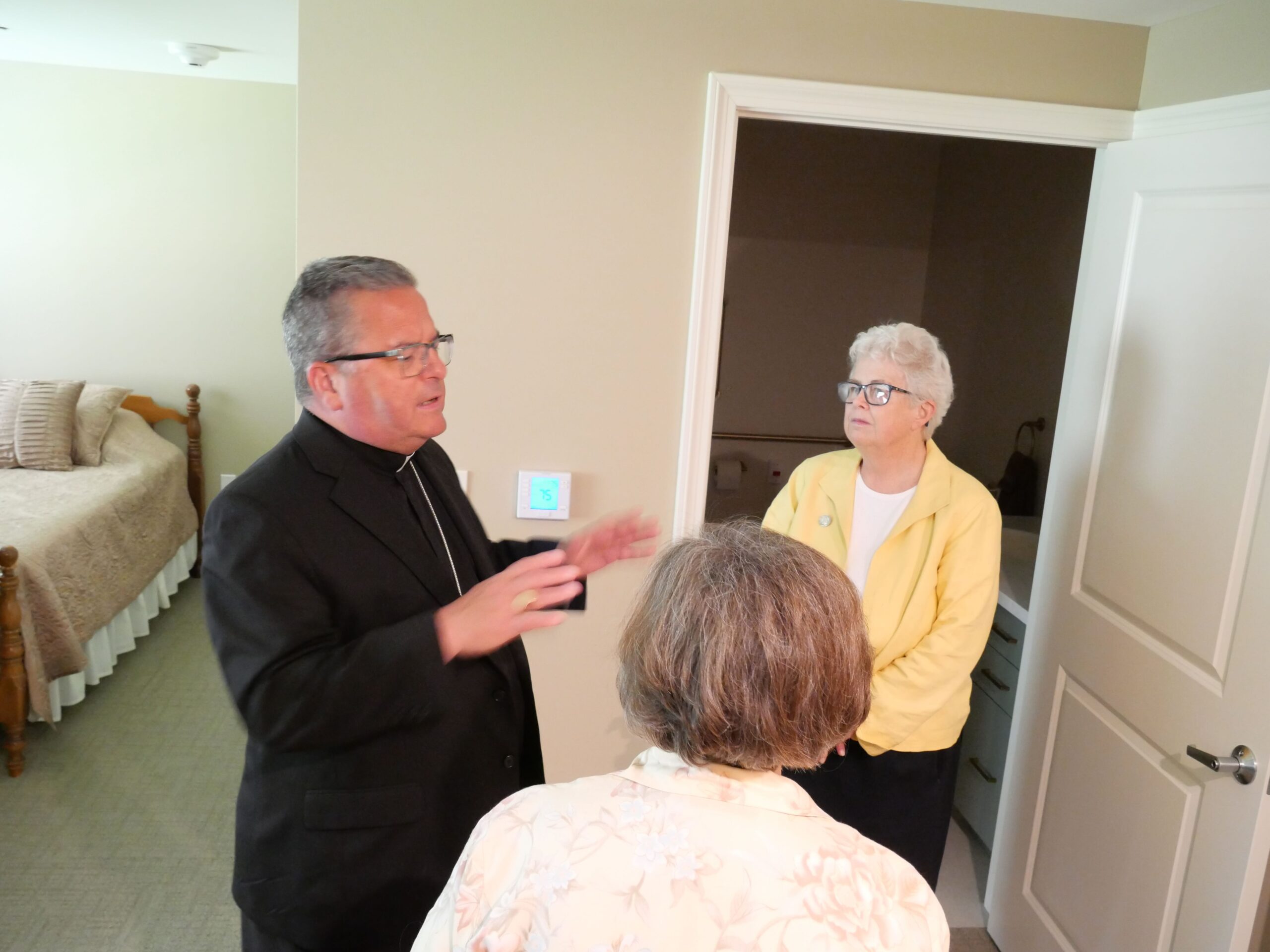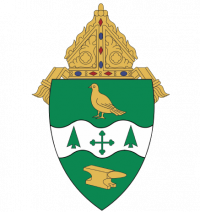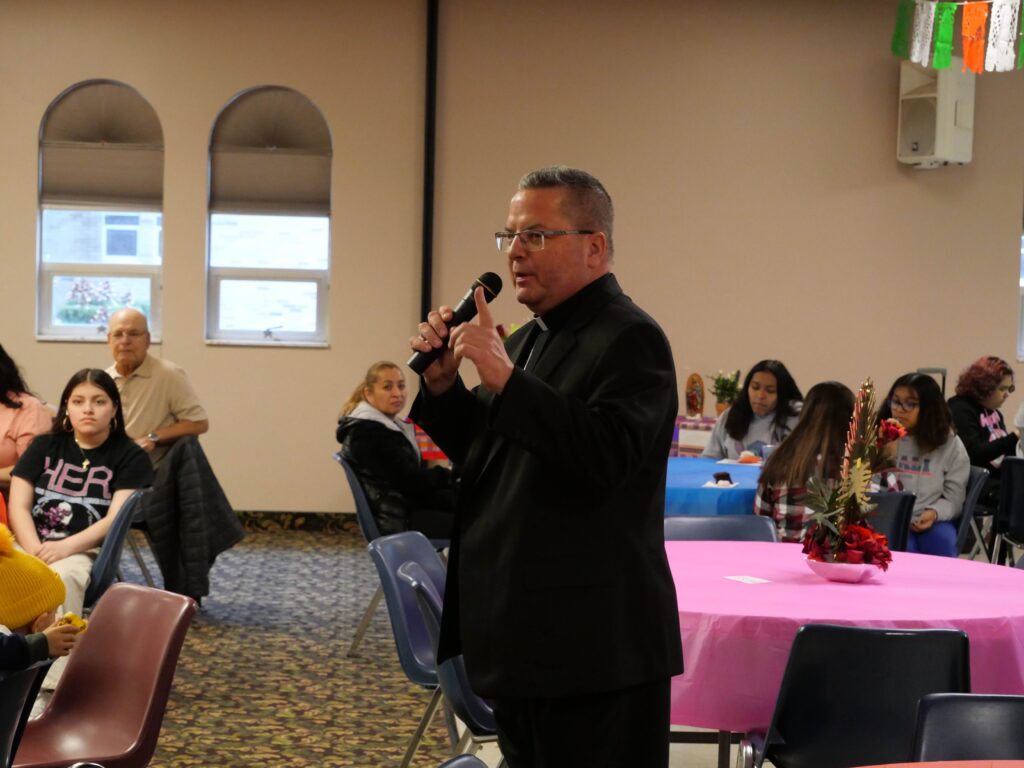
What is your favorite story in the Bible? As one who studied the Bible as part of my theological training, I must confess that it is hard to answer that question because the Bible is replete with interesting and inspiring passages that engender deeper reflection.
I remember my father telling me that his favorite story was the Parable of the Prodigal Son. Dad liked that story—not just because it demonstrated what fatherhood is all about—but I think he also enjoyed the fact that there was a party that necessitated killing the fatted calf. You see, my dad was a butcher.
For me, however, in Genesis 1, the story of creation lasting seven days is one that I always find moving. In many ways, it is a paradigm for how we are to live our lives. After each day, we are told, “God saw that it was good.” And, of course, on the seventh day, God rested. How important it is for us as God’s creatures to behold goodness—especially the goodness of creation—and to intentionally rest.
There is something about this time of year that brings creation alive—the radiance of the sun, the burgeoning colors of spring in all their array, the buds and blossoms pregnant with the promise of new life—it is a breathtaking picture of goodness and beauty. I hope you take time to see that it is all good.
Creation, however, is not just something that we are to admire and look at. The creation account reminds us that God created man and woman with the expectation that they would be stewards of all living things, including the environment.
In 2015, Pope Francis issued an encyclical letter, Laudato Si, on care for our “common home.” The Holy Father begins this reflection by referring to Saint Francis of Assisi who “reminds us that our common home is like a sister with whom we share our life and a beautiful mother who opens her arms to embrace us” (#1).
The Holy Father notes that this sister is speaking to us like never before. He writes, “[She] now cries out to us because of the harm we have inflicted on her by our irresponsible use and abuse of the goods with which God has endowed her. We have come to see ourselves as her lords and masters, entitled to plunder her at will. The violence present in our hearts, wounded by sin, is also reflected in the symptoms of sickness evident in the soil, in the water, in the air and in all forms of life. This is why the earth herself, burdened and laid waste, is among the most abandoned and maltreated of our poor; she ‘groans in travail’” (Rom 8:22) (#2).
Laudato Si is a passionate appeal by Pope Francis to awaken the world to begin a dialogue on being more intentional about the care for our common home. The Holy Father states, “All of us can cooperate as instruments of God for the care of creation, each according to his or her own culture, experience, involvements and talents” (#14).
Unfortunately, this wakeup call issued by Pope Francis has not been answered. There appears to be a tendency to hit the snooze button and live in denial of this growing crisis that involves our climate, water, soil and air. In response, Pope Francis issued another wakeup call on October 4, 2023, with his apostolic exhortation, Laudate Deum.
The Holy Father invites us in this second document to be responsible and journey in communion and commitment. We all need to do our part to care for our common home. Pope Francis states, “Yet what is important is something less quantitative: the need to realize that there are no lasting changes without cultural changes, without a maturing of lifestyles and convictions within societies, and there are no cultural changes without personal changes” (LD #70).
As a diocese, we are becoming more aware of this wakeup call and more intentional about our response. I invite you to bring this subject to the dinner table in your families and to the meeting room in your parish. Our administrative board has already begun the conversation. Stay tuned! Let us work together to care for our common home.
¿Cuál es su historia favorita de la Biblia? Siendo una persona que estudió la Biblia dentro de su formación teológica, debo confesar que me resulta difícil responder a esta pregunta, porque la Biblia está repleta de pasajes interesantes e inspiradores que suscitan una reflexión más profunda.
Recuerdo que mi padre me contaba que su historia favorita era la Parábola del Hijo Pródigo. A papá le gustaba esa historia -no sólo porque demostraba en qué consiste la paternidad-, pero creo que también le gustaba el hecho de que hubiera una fiesta que requiriera matar al ternero cebado. Mi padre era carnicero.
Para mí, sin embargo, en Génesis 1, la historia de la creación que dura siete días es una que siempre encuentro conmovedora. En muchos sentidos, es un paradigma de cómo debemos vivir nuestras vidas. Después de cada día, se nos dice: “Vio Dios que era bueno”. Y, por supuesto, en el séptimo día, Dios descansó. Qué importante es para nosotros, como criaturas de Dios, contemplar la bondad -especialmente la bondad de la creación- y descansar intencionalmente.
Hay algo en esta época del año que da vida a la creación: el resplandor del sol, los colores florecientes de la primavera en toda su variedad, los capullos y las flores preñados de la promesa de una nueva vida… es un cuadro impresionante de bondad y belleza. Espero que dedique tiempo para ver que todo es bueno.
Sin embargo, la creación no es sólo algo que debamos admirar y contemplar. El relato de la creación nos recuerda que Dios creó al hombre y a la mujer con la expectativa de que fueran administradores de todos los seres vivos, incluido el medio ambiente.
En 2015, el Papa Francisco publicó una Carta Encíclica, Laudato Si, sobre el cuidado de nuestra “casa común”. El Santo Padre comienza esta reflexión refiriéndose a San Francisco de Asís que “nos recuerda que nuestra casa común es como una hermana con la que compartimos nuestra vida y una hermosa madre que abre sus brazos para abrazarnos” (# 1).
El Santo Padre señala que esta hermana nos habla como nunca antes. Escribe: “[Ella] clama por el daño que le provocamos a causa del uso irresponsable y del abuso de los bienes que Dios ha puesto en ella. Hemos crecido pensando que éramos sus propietarios y dominadores, autorizados a expoliarla. La violencia que hay en el corazón humano, herido por el pecado, también se manifiesta en los síntomas de enfermedad que advertimos en el suelo, en el agua, en el aire y en los seres vivientes. Por eso, entre los pobres más abandonados y maltratados, está nuestra oprimida y devastada tierra, que ‘gime y sufre dolores de parto’” (Rm 8,22) (#2).
Laudato Si es un es un llamamiento apasionado del Papa Francisco a despertar al mundo para iniciar un diálogo sobre cómo ser más intencionales en el cuidado de nuestra casa común. El Santo Padre afirma: “ Todos podemos colaborar como instrumentos de Dios para el cuidado de la creación, cada uno desde su cultura, su experiencia, sus iniciativas y sus capacidades” (#14).
Desafortunadamente, esta llamada de atención del Papa Francisco no ha sido atendida. Parece haber una tendencia a pulsar el botón de dormitar y vivir en la negación de esta creciente crisis que afecta a nuestro clima, agua, suelo y aire. En respuesta, el Papa Francisco emitió otra llamada de atención el 4 de octubre de 2023, con su Exhortación Apostólica, Laudate Deum.
El Santo Padre nos invita en este segundo documento a ser responsables y a caminar en comunión y compromiso. Todos debemos poner de nuestra parte para cuidar nuestra casa común. El Papa Francisco afirma: Pero lo que importa es algo menos cuantitativo: recordar que no hay cambios duraderos sin cambios culturales, sin una maduración en la forma de vida y en las convicciones de las sociedades, y no hay cambios culturales sin cambios en las personas” (LD #70).
Como diócesis, estamos cada vez más conscientes de esta llamada de atención y más intencionales en nuestra respuesta. Los invito a llevar este tema a la mesa de sus familias y a la sala de reuniones de sus parroquias. Nuestro Consejo Administrativo ya ha iniciado la conversación. ¡Permanezcan atentos! Trabajemos juntos para cuidar nuestro hogar común.
